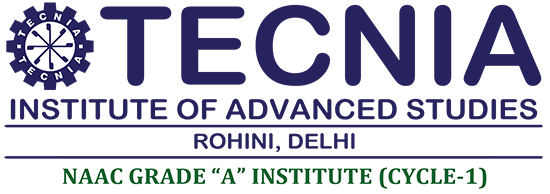Introduction
The Department of Information, Communication & Technology has been established to design and implement courses with a twin objective of generating effective professionals and to keep pace with the R & D activities of this fast emerging and changing field of Information & Communication Technology. The department aims at inculcating essential skills as demanded by the global software industry, through the interactive learning process. This includes team-building skills, audio-visual presentations and personality development programms. These enhance analytic and communication skills, besides inculcating the virtues of self-study.
Vision
Create High-Quality Engineering and Computer Application Professionals
Mission
To serve humanity by creating professionally competent, socially sensitiveengineers with high ethical values who can work as individuals or in groups in multicultural global environments.
| No. | NOTICES | PDF |
|---|
 | Vision & Mission |  |
|
Programmes
MCA
Master of Computer Application (MCA) is a two-year professional postgraduate course that focuses on the various aspects of computer applications, operating systems, computer architecture, application software and more. The course is developed to teach the students about programming and software skills so that they can strengthen their knowledge and succeed in the IT sector.
| No. | MASTER OF COMPUTER APPLICATIONS (MCA) | PDF |  | Course per Semester 2020-21 |  |
|
THRUST AREA
The department was set up with an aspiration to generate manpower, with the ability to take on challenges and fare forward in the realm of Information & Communication Technology. The department aspires to produce individuals equipped to contribute for progress at all levels: individual, national and global. The department has highly qualified & experienced faculty who excel in their respective areas. The department also encourages research work in various areas of information, communication & technology. More emphasis was given on MOOCs and platform like SWAYAM to be used for meeting the pre-requisites rather than making it part of main course contents.The Curriculum is further enhanced with value additions and designed to cater to the ever changing demands of ICT, with the necessary inputs from the Industry and recommends following discipline / courses (Thrust Areas) must be promoted.
Programmes
No. | Content | PDF |  | Thrust Areas for Conduct of FDPS (Category Wise) |  |  | Thrust Areas of AICTE Training And Learning (ATAL) Academy FDPs/CPDPs 2022-23 |  |
|










